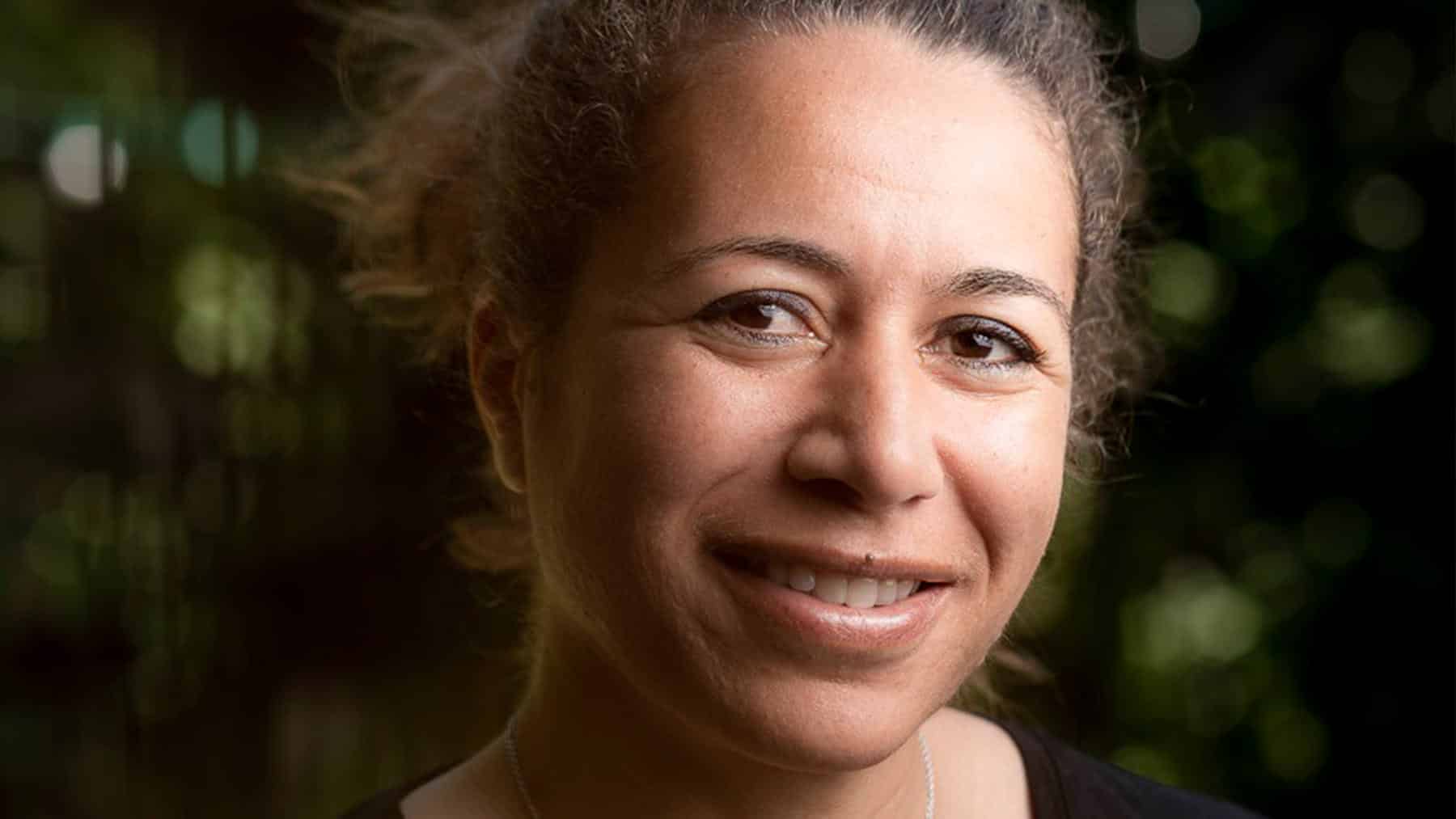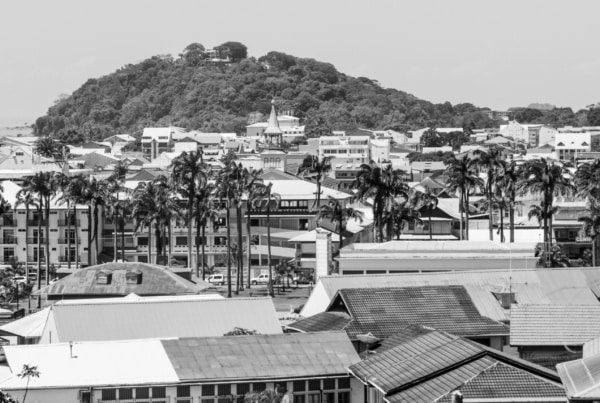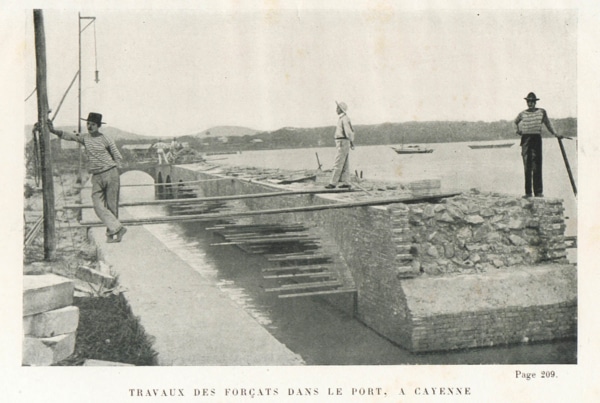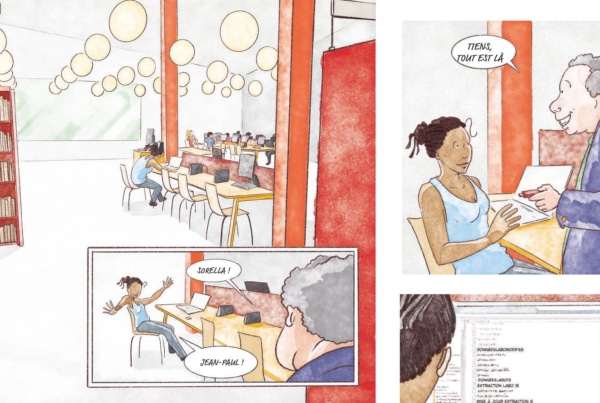
The University Library will be welcoming author and publisher Paula Anacaona on Tuesday 6 December 2022, from 4pm to 6pm. She will be in French Guiana at the invitation of the Salon du livre international de Guyane to talk about her work and her three novels.
P aula Anacaona is a publisher, translator and author with a passion for literature. During her visit to French Guiana for the Salon International du Livre de Guyane, she will present her work as a publisher and the three novels she has written. Paula Anacaona published her first novel, Tatou, in 2018, followed by 1492: Anacaona, l'insurgée des Caraïbes (published in 2019) and Solitudes la flamboyante (published in 2020). These works tackle the themes that are dear to her heart, namely issues of race, gender and class. A finalist in the Prix Hors Concours des lycées, she has also written children's books, such as Gaïa changera le monde, about ecology and positive diversity.
She will also talk about the Anacaona publishing house she founded in 2009. Initially focusing on marginal Brazilian literature - literature written by racial or socio-economic minorities - Editions Anacaona has gradually developed other collections of novels committed to urban and modern histories, with minority authors, or dealing with the legacy of slavery and the great rural spaces of Brazil, especially the Nordeste...
As both editor and translator, she has translated over fifty books for Anacaona and other publishers. She also translates from English for various international organisations.
To find out more, click here: https://www.anacaona.fr/




